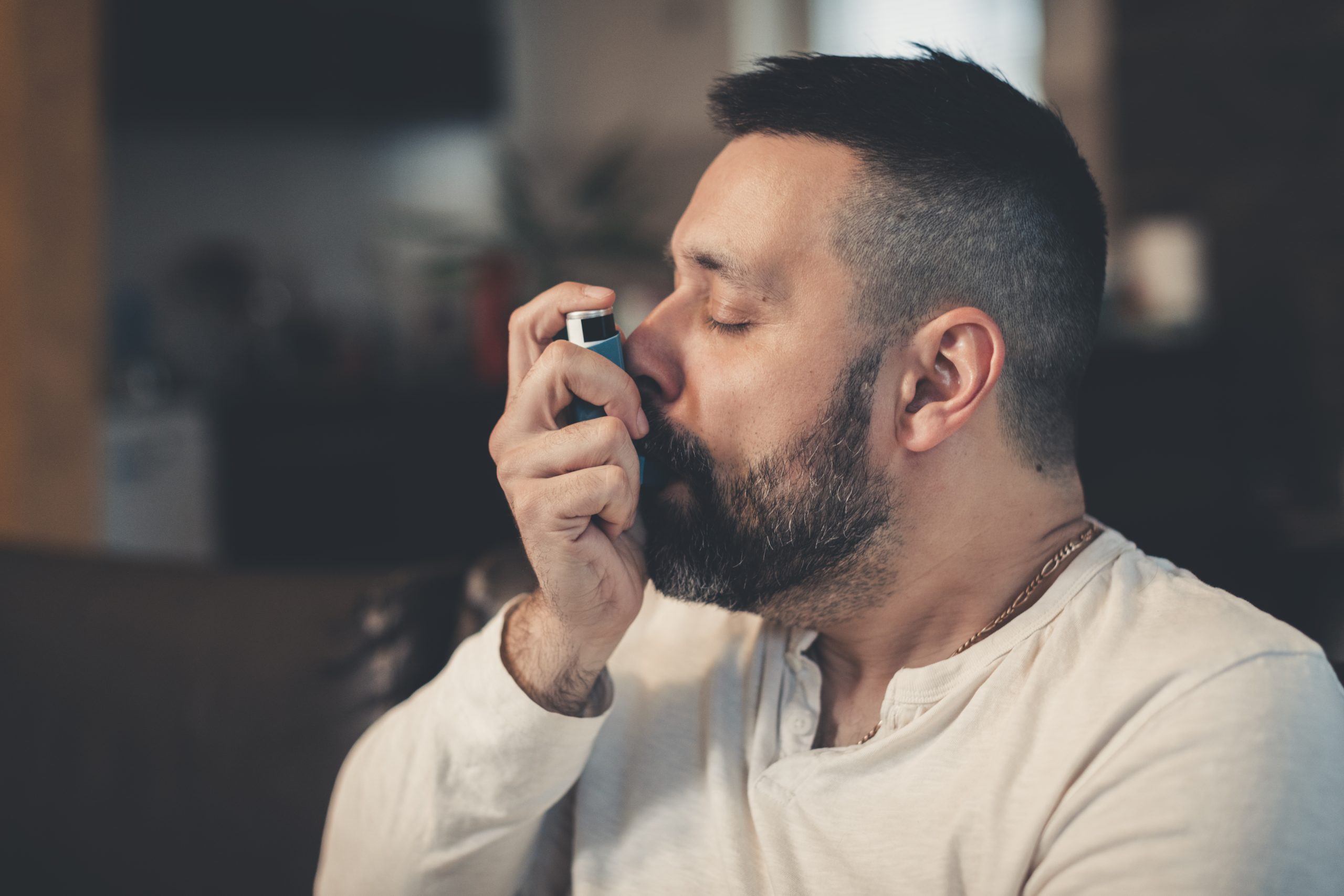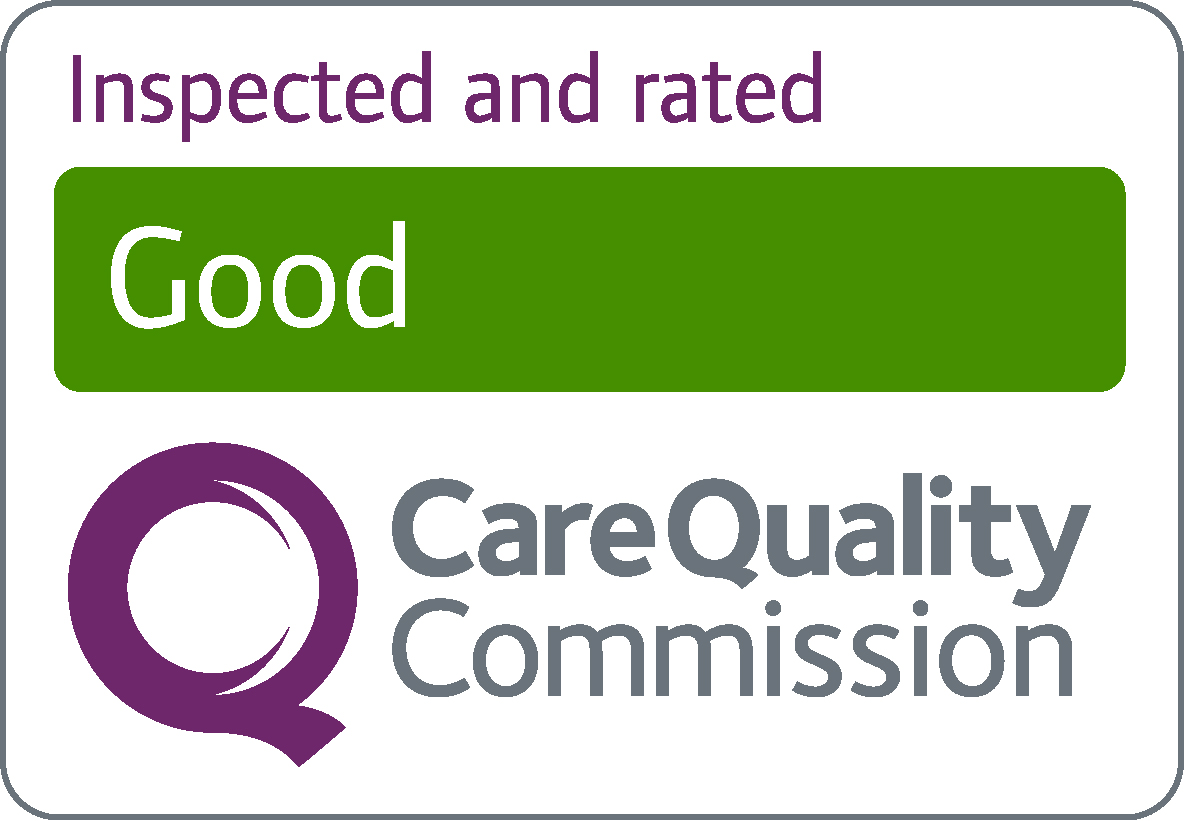Pulmonary Fibrosis
Pulmonary Fibrosis is a chronic lung condition where scar tissue forms in the lungs, making it harder to breathe. Because symptoms can be subtle at first, lung function testing is critical for early detection and slowing progression.
Pulmonary Fibrosis Overview
Understanding Causes, Symptoms, and Risk Factors
Causes
- Long-term exposure to environmental toxins (e.g., asbestos, silica dust, metal dust)
- Certain medications or radiation therapy
- Autoimmune conditions (e.g., rheumatoid arthritis, scleroderma)
- Chronic lung infections
- Genetic predisposition
Symptoms
- Shortness of breath, especially during activity
- Dry, persistent cough
- Fatigue
- Unexplained weight loss
- Clubbing (widening) of fingers or toes
- Chest discomfort
Risk Factors
Can Pulmonary Fibrosis be prevented?
Pulmonary fibrosis cannot always be fully prevented, especially in cases where the cause is unknown (idiopathic), but there are several ways to reduce your risk or slow its progression

How Chequers can help Diagnose and Treat
Preventive, Trusted, and Affordable Healthcare for All
It is extremely crucial to your cognitive, emotional, and physical health to have quality sleep. We offer affordable CBT-I (Cognitive Behavioural Therapy for Insomnia), sleep consultation and a complete lifestyle approach to your care. Whether you have trouble sleeping some of the time, or you experience constant tiredness, we would like to see you sleep better, live better, and stay well, all at an affordable price with the same compassion and professionalism.






